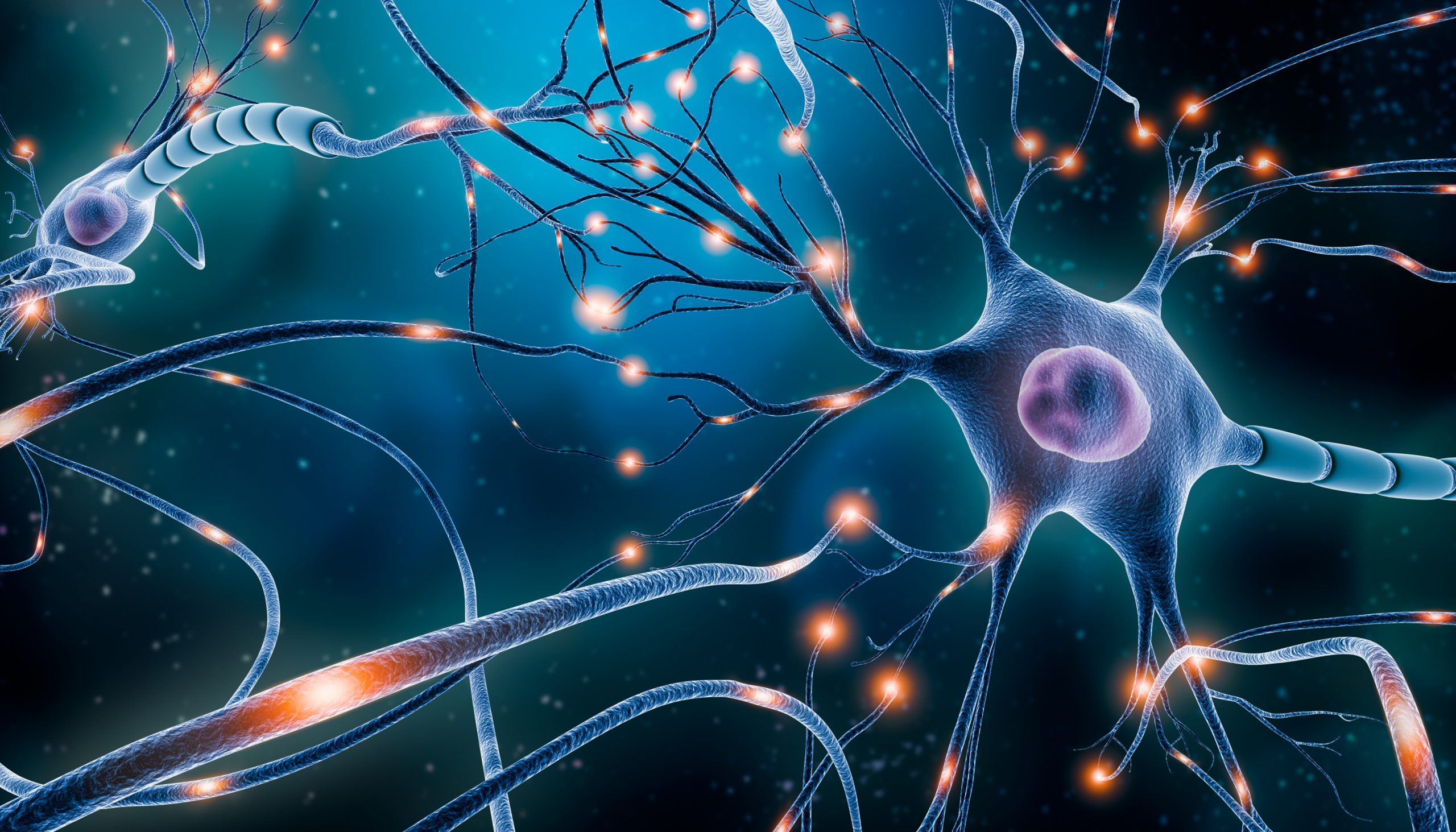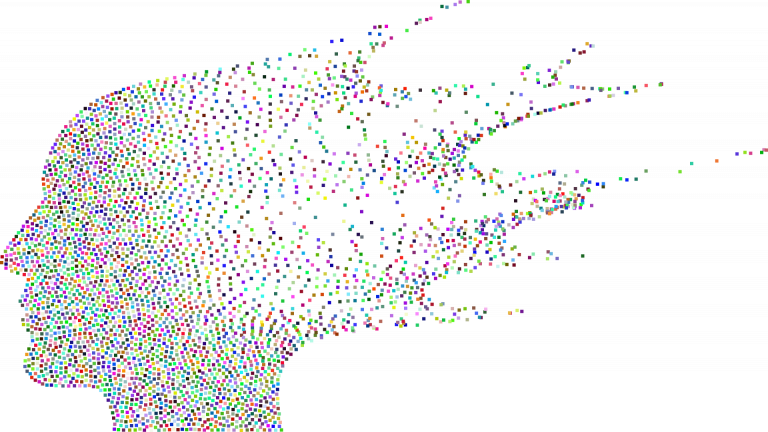Personalised treatment for cognitive impairment in dementia: development and validation of an artificial intelligence model
Abstract Background Donepezil, galantamine, rivastigmine and memantine are potentially effective interventions for cognitive impairment in dementia, but the use of these drugs has not been personalised to individual patients yet. We examined whether artificial intelligence-based recommendations can identify the best…








